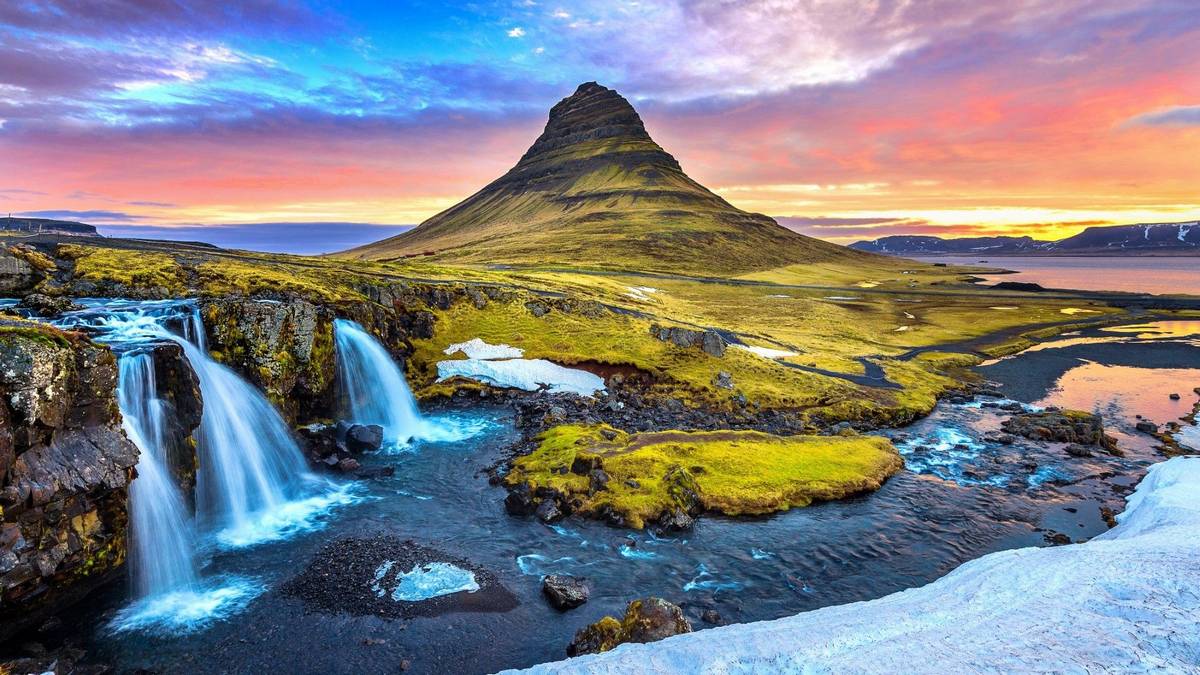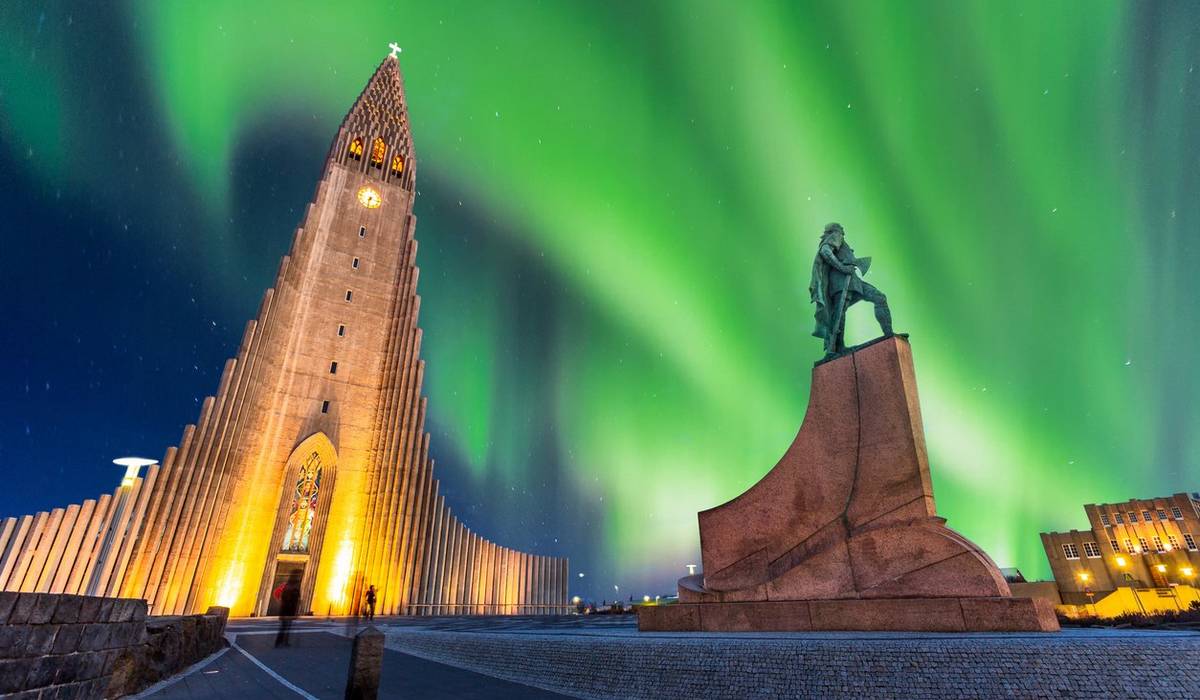Iceland is no longer just a summer destination for nature lovers — it has evolved into a year-round travel hotspot, promoting off-season tourism and supporting local communities.
Known for its glaciers, geothermal springs, waterfalls, and the Northern Lights, Iceland has become a global example of sustainable tourism transformation.
“Since 2018, visitor numbers have remained steady — between 2.1 and 2.3 million annually, except during the pandemic,” explained Oddny Arnarsdottir, Director of Visit Iceland, in an interview with Euronews Travel at the World Travel Market in London.
“What’s most important is that Iceland is now a year-round destination — 65% of our tourism growth happens outside the high season.”
Balancing nature and growth
Iceland’s strategy focuses on distributing visitors evenly throughout the year, encouraging travelers to explore beyond Reykjavík and the well-known landmarks. Improved infrastructure and regional initiatives ensure that tourism benefits both locals and the environment.
“Tourism has created jobs and revived small communities,” Arnarsdottir emphasized.
New volcanic attractions, wellness destinations like Sky Lagoon in Kópavogur, and growing hotel options in Akureyri and the north make it easier for travelers to experience Iceland sustainably.

Culinary excellence with a conscience
Iceland’s culinary scene is thriving, with three Michelin-starred restaurants, including Dill — the country’s first — Óx with only 17 seats, and Moss at The Retreat at Blue Lagoon, the first hotel restaurant to earn a Michelin star for sustainability.
“Sustainability is in our DNA — we use renewable energy and have deep respect for nature, our greatest asset,” said Arnarsdottir.
“Our approach is guided by four pillars: economy, environment, community, and visitors — one cannot thrive without the others.”
A slower, deeper way to travel
From geothermal spas to locally sourced cuisine and small-scale adventures, Iceland is showing the world that eco-conscious travel can still be luxurious and inspiring.
Arnarsdottir encourages visitors to slow down and connect:
“Focus on one or two regions, meet the locals, and embrace the culture. That’s what makes travel truly meaningful.”

